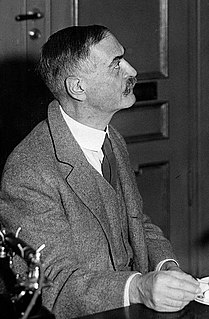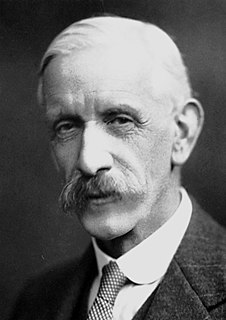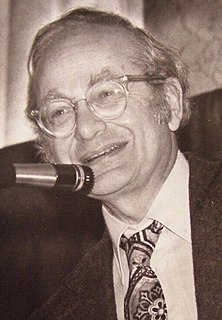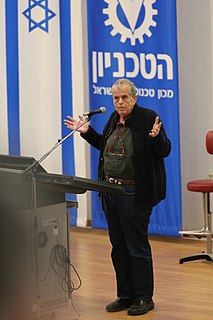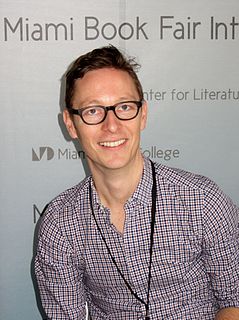A Quote by Michael Behe
Proteins are the machinery of living tissue that builds the structures and carries out the chemical reactions necessary for life.
Related Quotes
So many of the chemical reactions occurring in living systems have been shown to be catalytic processes occurring isothermally on the surface of specific proteins, referred to as enzymes, that it seems fairly safe to assume that all are of this nature and that the proteins are the necessary basis for carrying out the processes that we call life.
It is impossible to encircle the hips of a girl with my right arm and hold her smile in my left hand, then proceed to study the two items separately. Similarly, we can not separate life from living matter, in order to study only living matter and its reactions. Inevitably, studying living matter and its reactions, we study life itself
Human social life, I suggest, is the magma that erupts and builds up, so to speak, at the fault lines where natural human capacities meet and grind against and over natural human limitations…. This meeting of powers and limitations produces a creative, dynamic tension and energy that generates and fuels the making of human social life and social structures…. It is real human persons living through the tensions of natural existential contradictions who construct patterned social meanings, interactions, institutions, and structures.
The brain is a tissue. It is a complicated, intricately woven tissue, like nothing else we know of in the universe, but it is composed of cells, as any tissue is. They are, to be sure, highly specialized cells, but they function according to the laws that govern any other cells. Their electrical and chemical signals can be detected, recorded and interpreted and their chemicals can be identified; the connections that constitute the brain's woven feltwork can be mapped. In short, the brain can be studied, just as the kidney can.
The first entirely vital action, so termed because it is not effected outside the influence of life, consists in the creation of the glycogenic material in the living hepatic tissue. The second entirely chemical action, which can be effected outside the influence of life, consists in the transformation of the glycogenic material into sugar by means of a ferment.
[G]enes make enzymes, and enzymes control the rates of chemical processes. Genes do not make "novelty seeking" or any other complex and overt behavior. Predisposition via a long chain of complex chemical reactions, mediated through a more complex series of life's circumstances, does not equal identification or even causation.
Anguish over the loss of a loved one or feelings of helplessness have complex roots. But in the end, they make you feel bad because they adjust your brain's chemistry. Happiness and its opposite are both electro-chemical reactions; those reactions are temporary and ineffable and could even have hidden benefits.
There is only one way, really, to get into a state of living, and that's live There is no substitute for an all-out, over-the-ramparts, howling charge against life. That's living. Living does not consist of sitting in a temple in the shadows and getting rheumatism from the cold stones. Living is hot, it's fast, it's often brutal It has a terrific gamut of emotional reactions. If you are really willing to live, you first have to be willing to do anything that consists of living. Weird. But it's one of those awfully true things that you wonder why one has to say it. And yet it has to be said.






